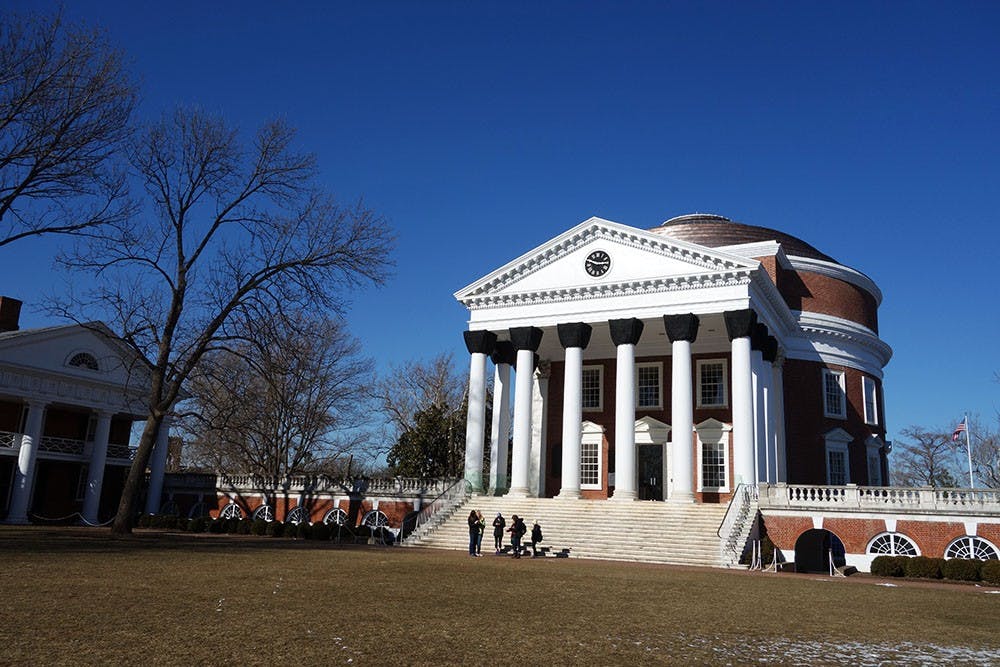In early May, the faculty of the College will be voting on a revised general education curriculum model. The model was unanimously approved by the College’s 12-person Committee on Educational Policy and the Curriculum on March 22.
The curriculum changes would comprise four two-credit interdisciplinary courses, which would be required for all College students in their first year. Students of the College would also take six credits in each of three literacy categories, and 21 credits within seven discipline categories. Double counting courses to fulfill requirements will not be permitted.
Up to this point, the general College of Arts and Science curriculum has not changed in 40 years. However, the General Education Committee of the College — where this proposal originated — has been working to propose an overall concept and direction of the General Education program since 2011. If passed, the curriculum changes will take effect in the fall semester of 2018.
College Dean Ian Baucom said the committee’s recommendations include expectations about the College undergraduate experience and curricular pathways, methods of instruction and co-curricular experiences.
“This process presents an opportunity for the curriculum to be more dynamic and coherent — and to ensure that we are providing students with the best educational experience with regard to particular courses and labs as well as broader requirements and literacies,” Baucom said in an email statement.
The changes are a part of broader curriculum reform. One of the most significant proposed changes would be requiring College undergraduate students to complete eight credits — four courses, two credits each — on “engagement” in their first year.
“Each of the four Engagements — Aesthetic Engagement, Empirical and Scientific Engagement, Engaging Difference and Ethical Engagement would provide students with an intellectual framework to help guide them through their subsequent studies,” Baucom said.
The courses would be designed and taught by a proposed group of College Fellows, who are faculty members drawn from across programs and departments on a rotating basis. Topics for the engagement courses would vary depending on which faculty members were chosen to teach them that year.
Economics Prof. James Harrigan, who plans to vote against the new curriculum model, said one of the main problems with the proposal is the vagueness of the curriculum changes.
“The information that’s been shared with the faculty has been extremely sparse,” Harrigan said. “I don’t understand what these engagement courses will be and how they’re going to fit in with the other courses we teach here in the College, so I’m very skeptical of supporting it.”
Harrigan said one of his unanswered questions is whether this proposal is based on similar, successful programs at other universities, or if it is a brand new idea.
“It’s a very large departure from what we currently have in many dimensions,” Harrigan said. “It’s all very new, and I haven’t seen any indication that there is any other university in the country that does this.”
Harrigan said he plans to oppose the proposal until his questions have been answered. He also considers the approval process to be undemocratic, as faculty members who are unable to attend the meeting in May will have no voice in the process.
“My impression is that there are a lot of other people in economics and elsewhere in the College that share my reservations,” Harrigan said. “Clearly some people are in favor of it, and I have no idea what the majority opinion of the College will be.”







